nutrition
Discover expert analysis and the modern take on nutrition, brought to you by Marie Claire.
-

I Swapped My Pricey Serums for This Inexpensive Hair Growth Solution
The results speak for themselves.
By Marisa Petrarca Last updated
-

It Turns Out I've Been Using Rosemary Oil for Hair Growth All Wrong
A dermatologist set me straight—and on the path to longer, stronger hair.
By Samantha Holender Last updated
-

Shop For Moisturizer the French Way and Spend Less Than $15
This beauty insider secret gave me the glowiest complexion imaginable.
By Emma Aerin Becker Last updated
-
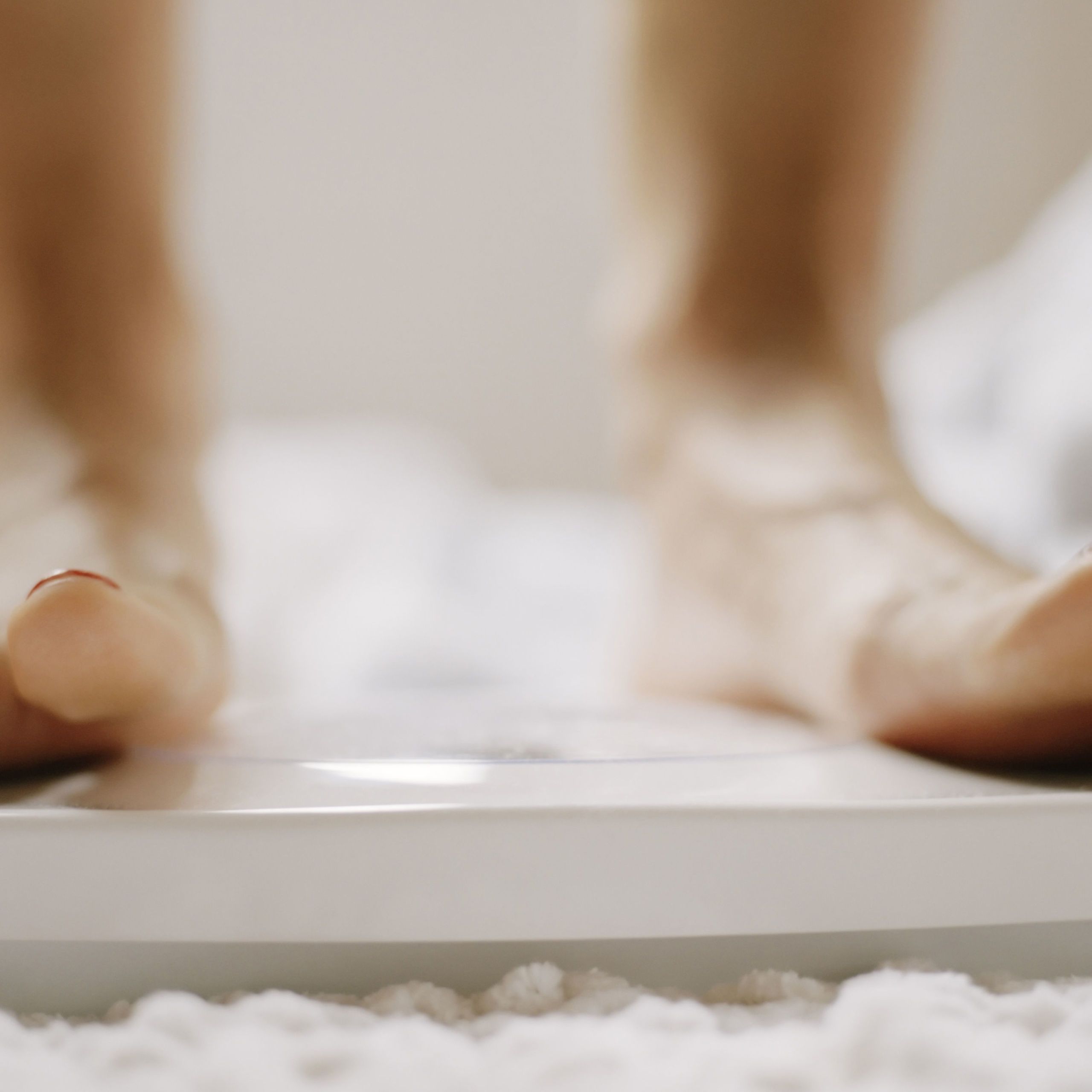
Every Diet That Actually Works Has These 10 Traits in Common
According to health and nutrition experts.
By Marie Claire Last updated
-
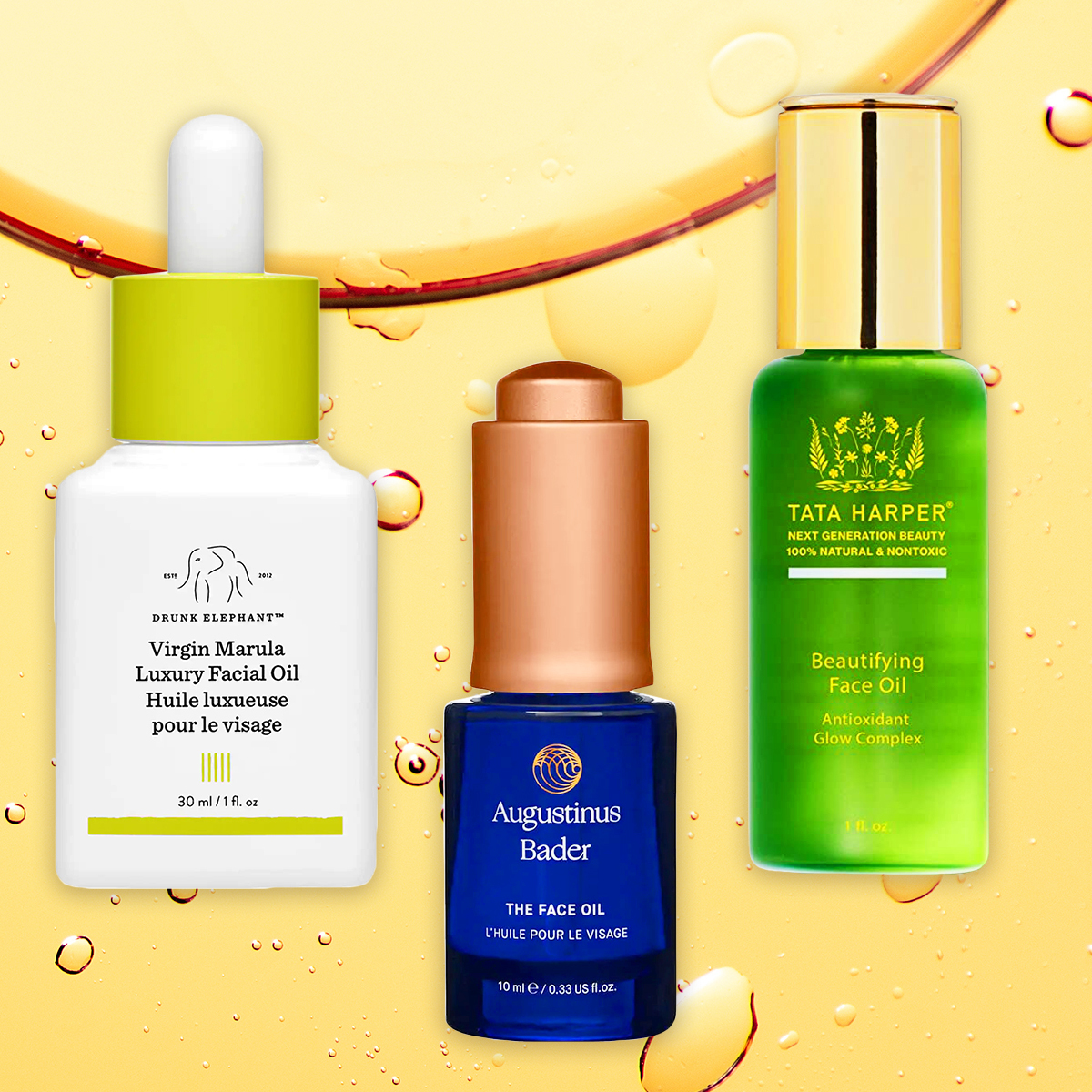
Color Me Shocked But This Face Oil Actually Healed My Acne Breakouts
Buying Guide My skin is looking better than ever.
By Samantha Holender Last updated
Buying Guide -

I Finally Achieved Glass Skin and It's Thanks to This K-Beauty Staple
Magic in a jar.
By Marisa Petrarca Last updated
-

Meet the Growth Products that Helped My Hair Reach My Waist
Presenting shampoos, oils, and supplements that actually work.
By Gabrielle Ulubay Last updated
-

Retinol Creams Will Smooth Fine Lines—Without Irritation
Plus, expert tips on how to use the game-changing skincare ingredient.
By Taryn Brooke Last updated
-

19 Hair Growth Vitamins for Your Healthiest Hair Ever
Shine from the inside out.
By Gabrielle Ulubay Last updated
-
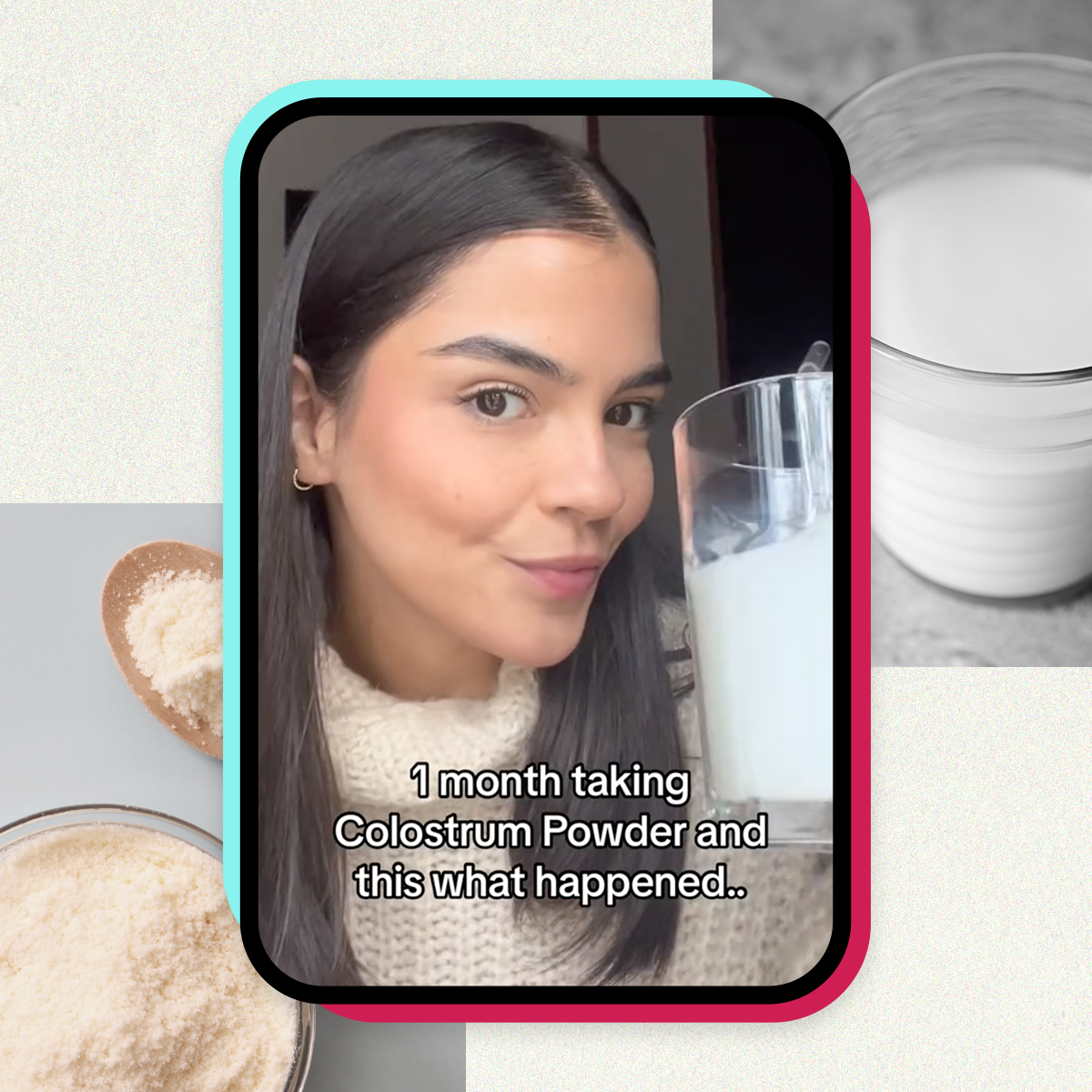
Is Colostrum the New Collagen?
Doctors and wellness professionals have a lot to say about TikTok's supplement of the moment.
By Gabrielle Ulubay Published
-

Why Celebrity Chef Carla Hall Rests When Astrology Tells Her To
"I have marked my calendar."
By Gabrielle Ulubay Published
-
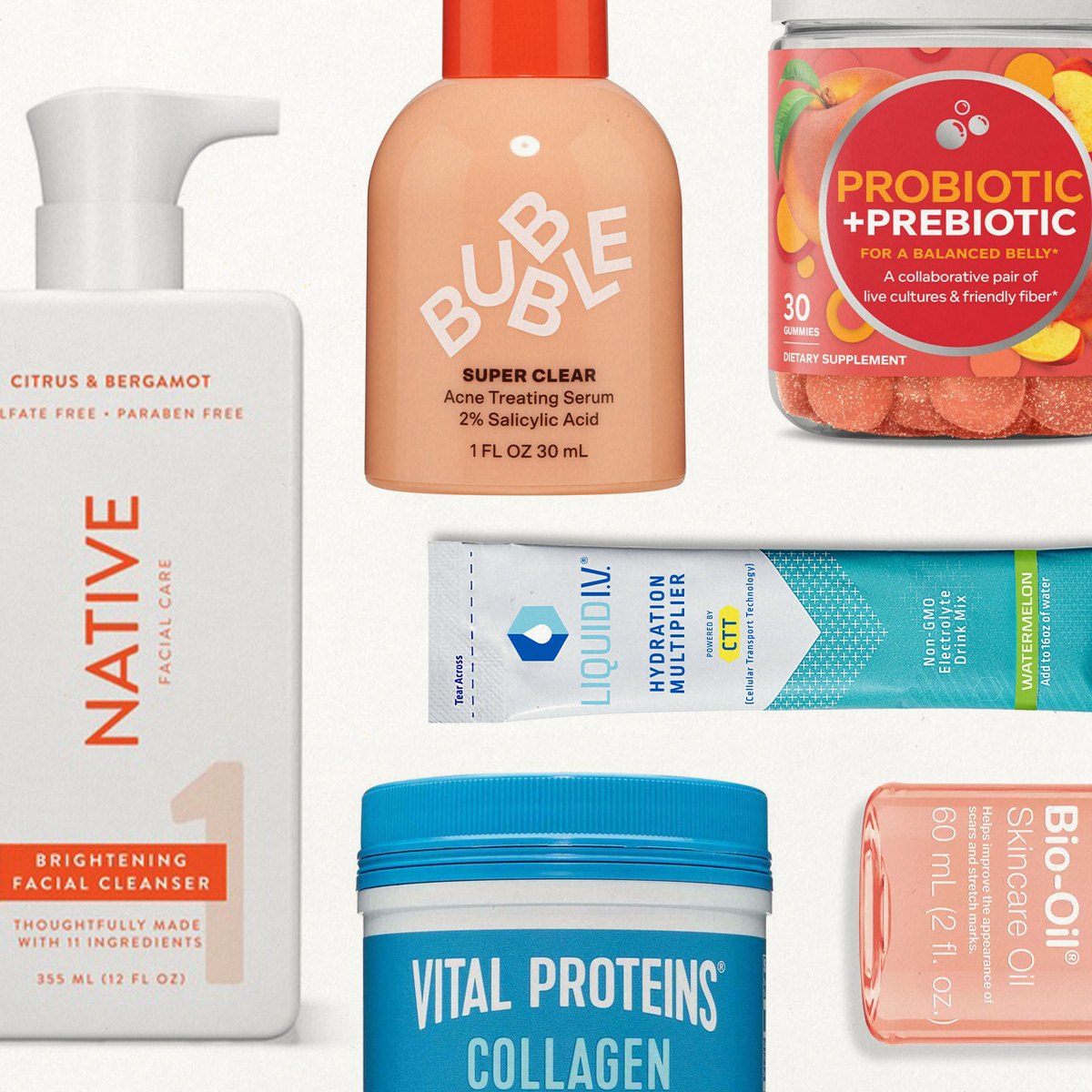
The Best Under-$38 Wellness Buys I Could Find
Sponsor Content Created With CVS
By Emma Walsh Published
-

Kourtney Kardashian Says She "Pounded a Glass of Breast Milk" After Feeling Sick
Well, that's a choice.
By Danielle Campoamor Published
-

Sarah Jessica Parker Shares the Way She Helps Her Twin Daughters Have a "Healthier Relationship" With Food
"My daughters will have the figures they have..."
By Danielle Campoamor Published
-

Rebel Wilson Says She Received “More Attention for Weight Loss Than Any Movie” She’s Ever Done
“I know that’s superficial, but it was nice.”
By Danielle Campoamor Published
-

There's a Huge Gap in Women's Healthcare Research—Perelel Wants to Change That
The vitamin company has pledged $10 million to help close the research gap, and they joined us at Power Play to talk about it.
By Nayiri Mampourian Published
-

Kourtney Kardashian Shares Candid Photo of Herself Breast Pumping
“That’s life.”
By Danielle Campoamor Published
-

15 Hair Growth Shampoos Experts Recommend for Serious Length
Rapunzel hair, coming right up.
By Marisa Petrarca Published
-

Misty Copeland Is Stepping Beyond Ballet
The professional ballerina talks nutrition, education, finding balance.
By Gabrielle Ulubay Published
-
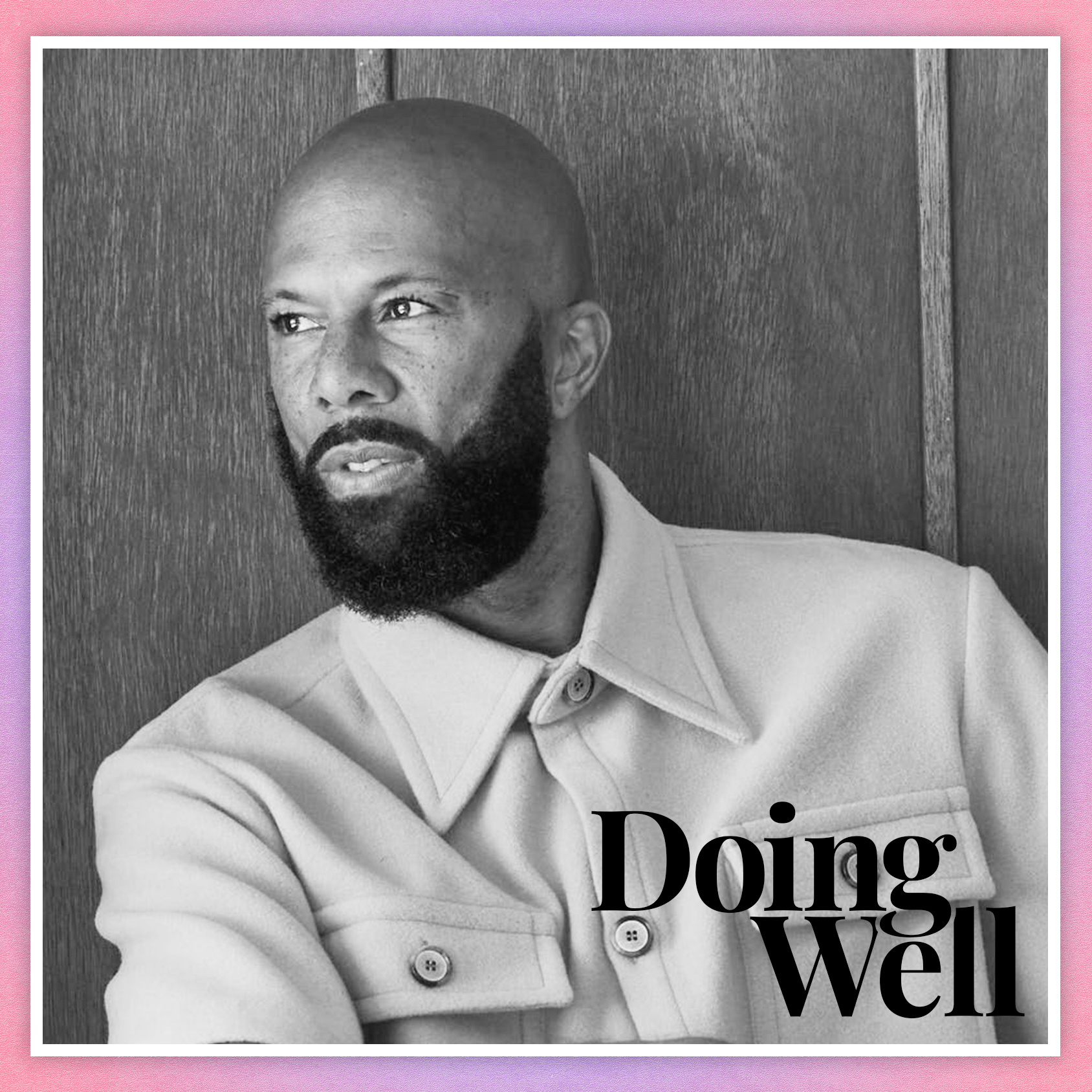
Common Doesn't Want Your Quinoa
"They're like, 'Yo, we got this quinoa,' and I don't like that."
By Gabrielle Ulubay Published
-

Keys Soulcare's New Facial Oil Is Perfect for Dry Winter Skin
Your new skin savior just dropped.
By Gabrielle Ulubay Published
-

The Secret to Model-Long Lashes Is a Great Eyelash Growth Serum
16 editor- and expert-reviewed picks for the best lashes of your life.
By Brooke Knappenberger Last updated
-

Would You Share Your DNA in Pursuit of Good Skin?
According to forward-thinking beauty biohacking brands, gene analysis is the future.
By Joane Amay Published
-

What It Means to Agatha Achindu to Be a "Wellness Architect"
Achindu recently published her cookbook, "Bountiful Cooking."
By Tanya Benedicto Klich Published
-

Heidi Klum Was Really "Upset" Over a False Report That She Was on a 900-Calorie-a-Day Diet
I'm with you, Heidi.
By Iris Goldsztajn Published
-
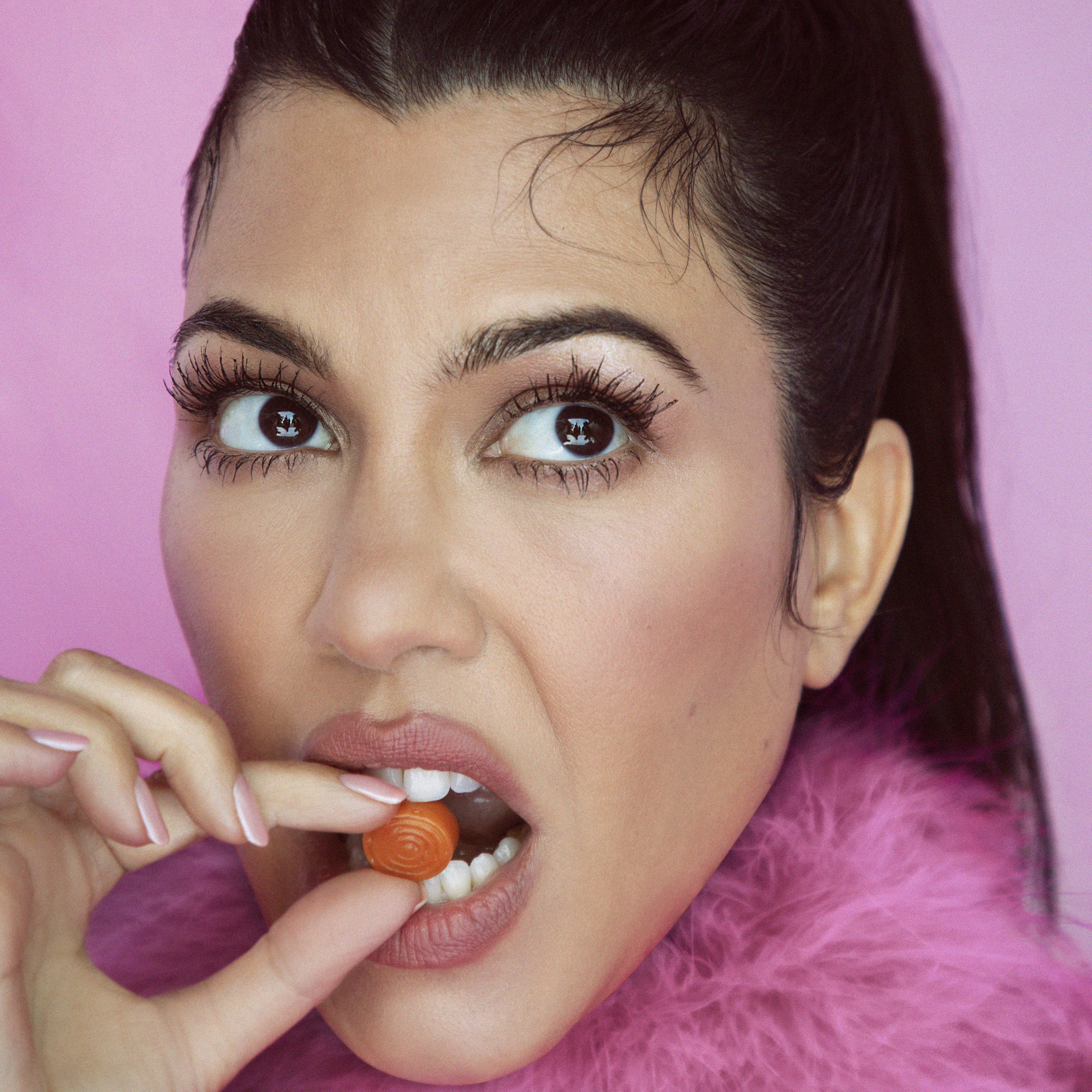
Kourtney Kardashian Barker’s New Beauty Gummy Vitamin Is Self-Care in a Bottle
The entrepreneur breaks down Lemme Glow after surviving a medical emergency.
By Deena Campbell Published



